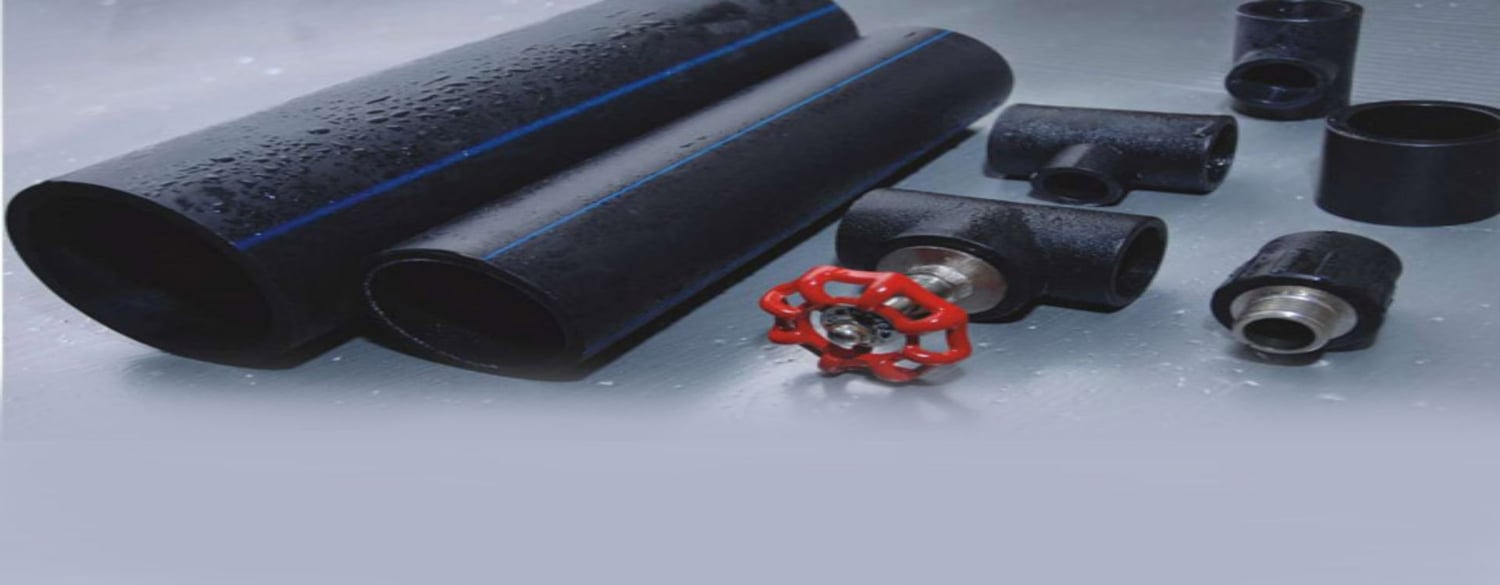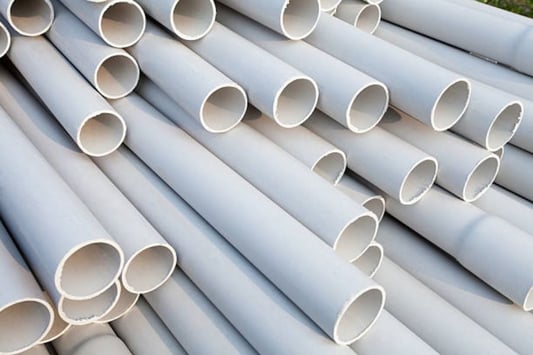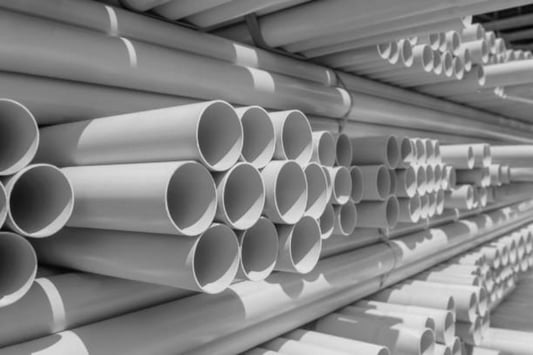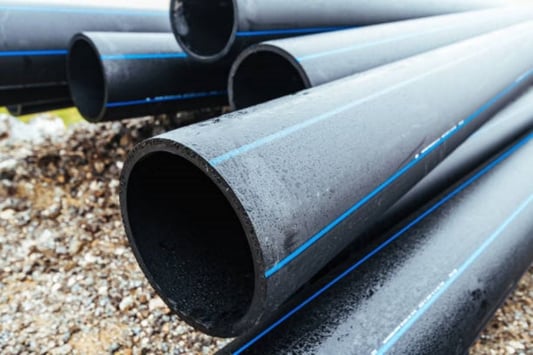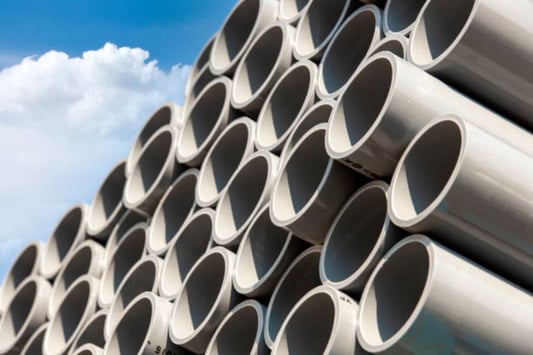1. Understanding PVC Gutter Drain PipesPVC gutter drain pipes are an essential component of any effective water management system. These pipes are designed to channel rainwater away from your home's foundation, preventing water damage and potential flooding. Made from durable polyvinyl chloride (PVC) material, these pipes offer a range of benefits that make them a popular choice among homeowners and contractors alike.2. Easy Installation and MaintenanceOne of the key advantages of PVC gutter drain pipes is their ease of installation. These pipes are lightweight and flexible, which makes them easy to handle and maneuver during the installation process. Additionally, PVC pipes are available in various lengths and diameters, allowing for customization based on the specific needs of your gutter system. PVC pipes also require minimal maintenance, as they are resistant to rust, corrosion, and degradation from UV rays.3. Durability and LongevityPVC gutter drain pipes are known for their exceptional durability and longevity. Unlike traditional metal pipes, PVC pipes are not prone to rust or corrosion, ensuring a longer lifespan. PVC also offers excellent resistance to chemicals, ensuring that the pipes remain intact even in harsh weather conditions. With proper installation and regular maintenance, PVC gutter drain pipes can last for many years, providing reliable water management for your property.4. Cost-EffectivenessAnother significant advantage of PVC gutter drain pipes is their cost-effectiveness. PVC pipes are generally more affordable than metal alternatives, making them an attractive option for homeowners on a budget. Additionally, the ease of installation and minimal maintenance requirements contribute to lower overall costs in the long run. By choosing PVC gutter drain pipes, you can achieve effective water management without breaking the bank.5. Versatility and CompatibilityPVC gutter drain pipes are highly versatile and compatible with various gutter systems. They can be easily integrated into both new and existing gutter setups, providing seamless water flow and drainage. PVC pipes are also available in different colors, allowing you to match them with your home's exterior or gutter system for a cohesive look. Their compatibility and versatility make PVC gutter drain pipes a versatile choice for any property.6. Eco-Friendly SolutionFor environmentally conscious homeowners, PVC gutter drain pipes offer an eco-friendly solution. PVC is a recyclable material, which means that these pipes can be repurposed at the end of their lifespan. Furthermore, the lightweight nature of PVC pipes reduces the carbon footprint associated with transportation and installation. By choosing PVC gutter drain pipes, you can contribute to sustainable water management practices.7. Resistance to Clogs and BlockagesClogged or blocked gutter drain pipes can lead to water buildup and potential damage to your property. PVC pipes have a smooth interior surface that helps to prevent debris, leaves, and other particles from getting trapped and causing blockages. This resistance to clogs ensures that water flows freely through the pipes, reducing the risk of overflow or water damage.8. Noise ReductionIf you live in an area with heavy rainfall, PVC gutter drain pipes can help reduce the noise associated with water flow. PVC pipes have sound-dampening properties, minimizing the impact of rainwater hitting the pipes and reducing the overall noise level. This is particularly beneficial for homeowners who value peace and quiet, both indoors and outdoors.9. UV ResistancePVC gutter drain pipes are designed to withstand prolonged exposure to sunlight without degrading or losing their functionality. The UV resistance of PVC ensures that the pipes remain structurally sound and continue to effectively channel water away from your property. This feature makes PVC gutter drain pipes an excellent choice for areas with high levels of sun exposure.10. Wide Range of Sizes and StylesLastly, PVC gutter drain pipes come in a wide range of sizes and styles to suit different gutter systems and architectural designs. Whether you have a residential or commercial property, you can find PVC pipes that fit your specific requirements. From traditional round pipes to square or rectangular options, PVC gutter drain pipes offer versatility and flexibility in design.Quote Inquiry

